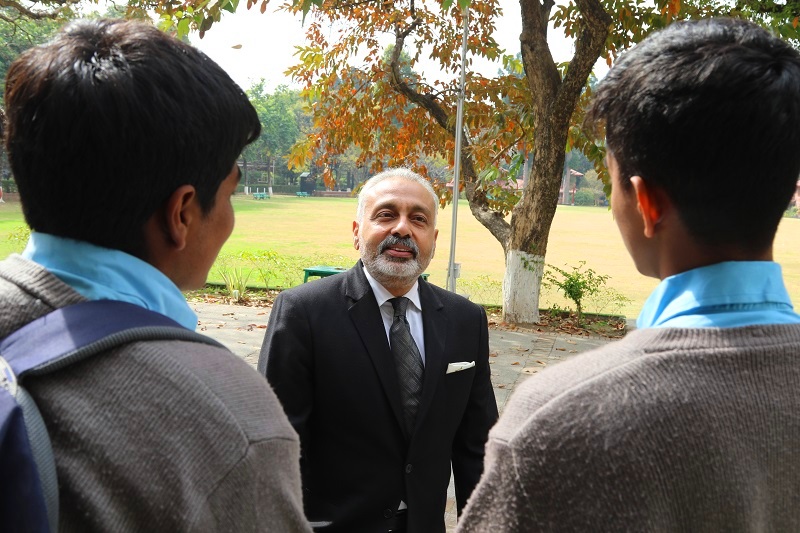Growing Significance of the Mother Tongue in Education
Learning English has opened up numerous opportunities for Indians, but should this come at the expense of fluency in the mother tongue? As per research, using a child’s mother tongue in the early stages of learning has numerous unique benefits, but are we really emphasising this in classrooms?
A child's first classroom is at home. When a child enters a structured learning environment such as school, he or she is already undergoing a great deal of adjustment and adaptation. Consider starting school and being unable to understand the teacher! There is no greater source of anxiety for a child than this. Having to learn a foreign language while going through other major changes makes learning difficult. “When the child’s mother tongue or a local language is used as the medium of instruction, he or she will learn concepts faster, adjust better, and show learning gains faster. This includes parental involvement in schooling as well. Parental involvement is sometimes limited in India due to a lack of English fluency. A shift to the mother tongue could result in a much stronger school-parent partnership, which would aid in laying a solid foundation for a child’s education,” Says Anoop Singh Bishnoi, Chairman of The Doon School, Dehradun.
The Introduction of the mother tongue will encourage a child to enjoy going to school. With the foreign language barrier removed, a child in rural India who does not have access to substitute or extra coaching will learn quickly and clearly. “Of course, it’s important to teach English and other languages, we’re living in a global community today, and survival without language proficiency is extremely difficult, but this nowhere negates the importance of mother tongue in one’s life. The mother tongue is more than just a language; it represents a sense of belonging, and value it can help to foster respect for one’s heritage. Being bilingual will also provide you with new social and cultural opportunities, as well as help you develop new perspectives. being bilingual improves analytical skills too. A bilingual child demonstrates greater mental flexibility, processing speed, and spontaneity. They also have higher brain synaptic activity as a result of multiple language processing. This type of mental agility can be applied to other areas of learning as well,” adds Anoop.
India has always been really appreciative of its multilingual culture, but the emphasis on English, on the other hand, is causing steep declines in the use of Indian languages. The extinction of our languages and dialects would be a massive cultural loss not only for India but for the entire world. Furthermore, learning in one’s mother tongue or local language allows children to connect with their ancestors and culture in ways that many other activities do not.
Given the years of emphasis on English, switching to learning through the mother tongue may appear to be a drastic step. However, it faces the same challenges as any other bold and transformative initiative. Before diving headlong into implementation, it would be in our best interests to pause and consider all of the benefits and challenges, as well as to develop relevant and meaningful steps to overcome these challenges.




Comments
Post a Comment